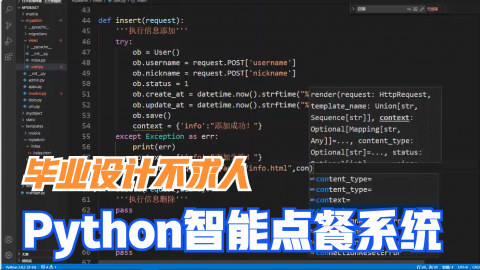使用场景
枚举组合:
问题是这样的.
有 n 个列表,分别从每个列表中取出一个元素,一共有多少种组合?
例如:
a = ['a1','a2']
b = ['b1','b2','b3']
组合结果为:
[
('a1','b1'),
('a1','b2'),
('a1','b3'),
('a2','b1'),
('a2','b2'),
('a2','b3')
]
待组合的列表只有两个
这种情况就是简单的遍历:
'''
遇到问题没人解答?小编创建了一个Python学习交流群:778463939
寻找有志同道合的小伙伴,互帮互助,群里还有不错的视频学习教程和PDF电子书!
'''
a = ['a1','a2']
b = ['b1','b2','b3']
res = []
for i in a:
for j in b:
res.append((i,j)])
print(res)
扩展为 n 个
如果还用for循环嵌套,代码就是这样的
a = ['a1','a2']
b = ['b1','b2','b3']
res = []
for i in a:
for j in b:
for k in c:
...
...
如果是n层的话,这样的代码是无法表达的.
我们可以先将第一个和第二个组合,再拿组合出的结果和第三个组合,依次类推...
如下如所示:
用代码表示如下:
迭代
def merge(i,j):
"""
i = "a"
j = ("b","c")
return: ("a","b","c")
"""
res = []
for p in (i,j):
if isinstance(p,tuple):
res.extend(p)
else:
res.append(p)
return tuple(res)
def combineN(*args):
target = args[0]
for li in args[1:]:
tmp = []
for i in target:
for j in li:
tmp.append(merge(i,j))
target = tmp
return target
递归
def merge(i,j):
"""
i = "a"
j = ("b","c")
return: ("a","b","c")
"""
res = []
for p in (i,j):
if isinstance(p,tuple):
res.extend(p)
else:
res.append(p)
return tuple(res)
def combine2(a, b):
res = []
for i in a:
for j in b:
res.append(merge(i,j))
return res
def combineNRecursion(*args):
if len(args) == 2:
return combine2(*args)
return combine2(args[0],combineNRecursion(*args[1:]))
通用的多层 for 循环转迭代
上面用到的迭代方法是针对具体问题分析得来的,那么有没有一种通用的转换方案呢? 答案是肯定的.
def combineN(*li):
res = []
# 相当于最内层循环执行的次数.
total_times = reduce(lambda x, y: x*y, [len(item) for item in li])
n = 0
while n < total_times:
tmp = n
tem_res = []
for i in range(len(li)):
# 余数就是参与计算的元素的下标,商用于计算下一个列表参与元素的下标.
tmp, cur = divmod(tmp, len(li[i]))
tem_res.append(li[i][cur])
res.append(tem_res)
n += 1
return res
res = combineN(["a1","a2"], ["b1", "b2"], ["c1", "c2"])
for i in res:
print(i)
输出结果如下:
['a1', 'b1', 'c1']
['a2', 'b1', 'c1']
['a1', 'b2', 'c1']
['a2', 'b2', 'c1']
['a1', 'b1', 'c2']
['a2', 'b1', 'c2']
['a1', 'b2', 'c2']
['a2', 'b2', 'c2']
内容来源于网络如有侵权请私信删除
文章来源: 博客园
- 还没有人评论,欢迎说说您的想法!





 客服
客服


